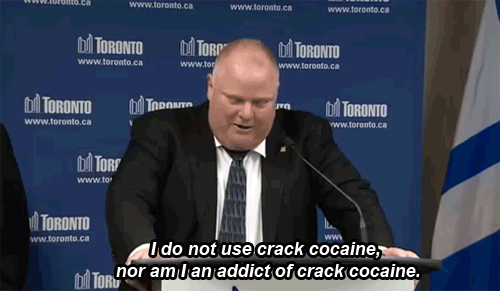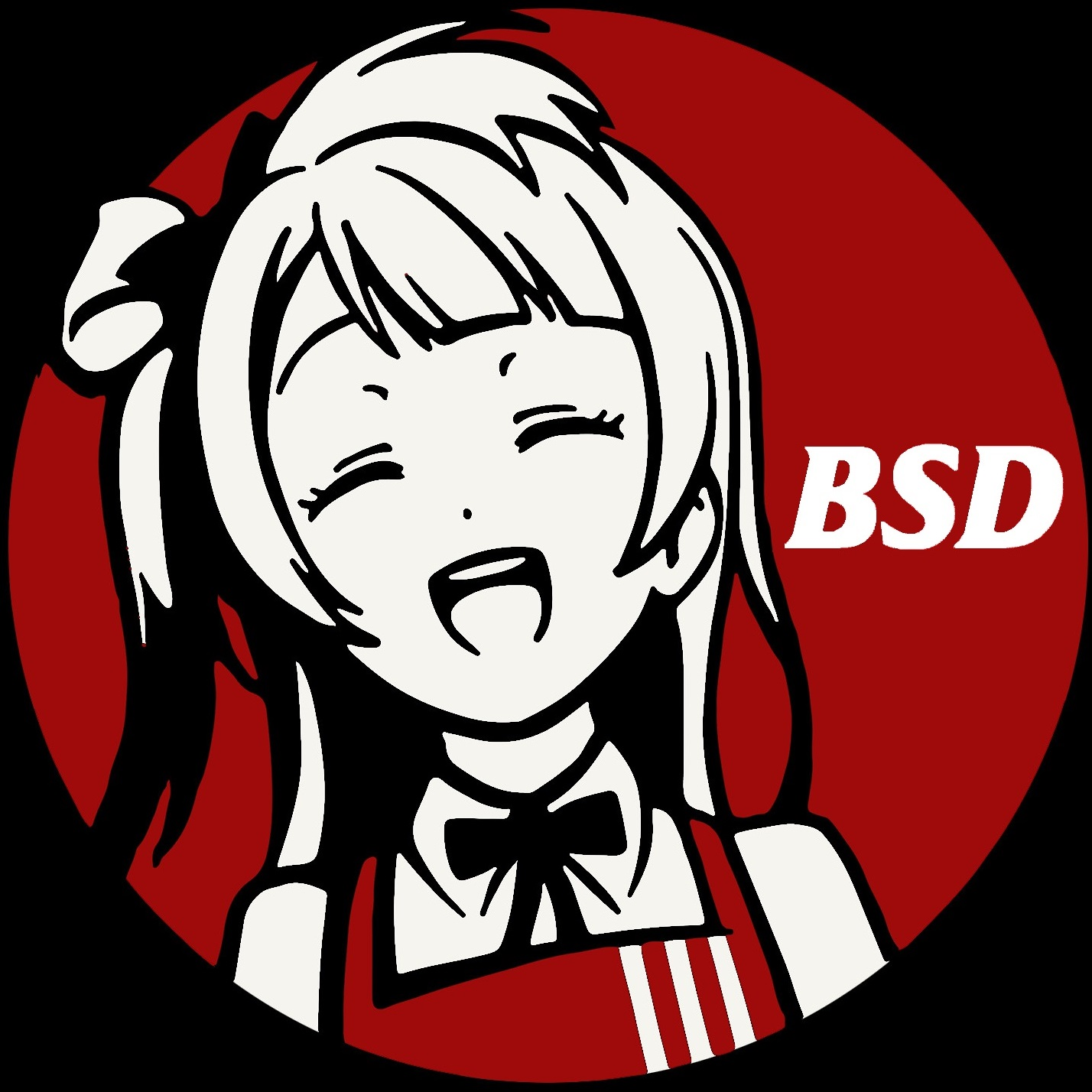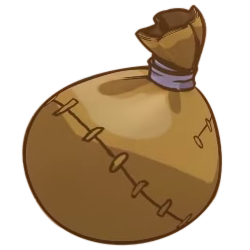Please state in which country your phrase tends to be used, what the phrase is, and what it should be.
Example:
In America, recently came across “back-petal”, instead of back-pedal. Also, still hearing “for all intensive purposes” instead of “for all intents and purposes”.
Americans saying “I could care less” instead of “I couldn’t care less”.
I’ve seen so many attempts at justification for that one online but I can’t help but think that those people just don’t want to admit that they’re wrong.
I say “I couldn’t care less”, but I used to think that “I couldn’t care less” was used in context where someone seemed like they don’t care and they give that as a snarky remark, implying that they can care even less.
I also like the bonus “hold down the fort” at the end.
Because as you know, it’s an inflatable hover fort and, once relieved of my weight, it might float off into the sky.
Came here to share this one too
I agree that this is very vaguely irritating, but for me it only differs by one sound and a vowel quality
“I couldn’t care less” [aɪ̯.kɘ̃ʔ.kɛɹ.lɛs] vs “I could care less” [aɪ̯.kɘ.kɛɹ.lɛs]
I care a tiny bit. I could care less, but not easily.
I could care less, but then I wouldn’t care at all…
Idk why hoes mad at you this is the cleverest way to mix up the saying while keeping it’s intent.
I say “I could care less” and then follow it up with, “but I’d be dead”. Correcting “I could care less” is dumb because you literally can care less about lots of stuff, but saying the phrase indicates you just don’t really care.
Doesn’t this make sense if someone says it in a sarcastic manner?
No
“Could of…”
It’s “could have”!
Edit: I’m referring to text based things, like text and email. I can pretty much ignore the mispronouncing.
I think they just heard could’ve or meant to say could’ve
Also they’re/their, your/you’re, here/hear, to/too.
It’s definitely a mistake, but I think it has slipped by because spell check wouldn’t have a reason to mark it, and not everyone uses grammar check, so they think it’s correct to spell it out by the sound of the contraction.
That’s a dialectal difference, not an error.
I mean no? The have in could have is pronounced the same as of, but at least AFAIK no dialect explicitly says could of. Tell the other person to not mesh the two words together and they’ll say have. I think.
Minor nit pick from my experience. If the word is written out “could have” I enunciate the entire word. I only pronounce the contraction “could’ve” as “could of”. And vice versa when dictating.
Not when written
It’s very much not recommended, and generally seen as an error. But this article puts an asterisk on it.
https://www.merriam-webster.com/grammar/whats-worse-than-coulda
I am viscerally against this concept.
It’s one thing to include the spelling as a way to capture the phonetics of an accent or a dialect, entirely another to accept its use in writing when using a neutral voice.
If anything, because it’s so often just a misspelling I would avoid trying to use it as a phonetics thing just as a matter of style. At this point everybody would think I’m making a mistake instead of trying to mimic a way of speech in a way they’d never do with “coulda”.
With you on all counts.
Please state what country your phrase tends to be used
Please state in which country your phrase tends to be used…
Casey Point
This reply deserves to be put on a peddle stool
Touché
Worst Case Ontario

Get two birds stoned at once!
Haahahhaahahhahahahahaahaah
Reminds me of “Worse case scenario”
Worser cast scenario.
Thanks! I’ll be using that from now on.

English/US - seeing “would of” instead of “would’ve”or “would have”. This one bugs me the most.
“Chomping at the bit”. It’s champing at the bit. Horses champ.

“Get ahold of”. It’s “get hold of” or, if you must, “get a hold of”
“I’m doing good”. No, Superman does good. You’re doing well.

“Chomping at the bit”. It’s champing at the bit. Horses champ.
Wow, this is the first time I’ve ever heard of this one! Good job to you and this thread!
My favorite of these mnemonics (try spelling that from memory) for these arbitrary distinctions was in a movie that had some evil lords in it. The father way telling the son,
“Pheasants are hung, peasants are hanged.”
You do things on purpose or by accident, you don’t do anything on accident.
I will follow you into battle.
onto battle
unto battle
Outto battle.
For non native English speakers (such as myself), these things can get tricky. It can be difficult to know which preposition is right especially when in relation to non-tangible concepts such as time, accidents, or purpose. Please do correct them though, people eventually learn with repetition.
Look, I’ve been speaking English for work and pleasure for thirty years now and I’m here to tell everybody that prepositions in English are arbitrary conventions and it’s all mostly fair game.
Unless you are trying to precisely identify the position of an object relative to something else, the “correct” preposition is a few years of consensus away from changing.
Our language is the offcuts of several others stitched together, to make some sort of coherent garbage.
Never feel bad about getting something wrong - most of the natives butcher it in their daily lives without a second thought.
The accents are wild too. I feel so sorry for new speakers that are confronted with Scots. The further north you go, the more unintelligible it gets to the basic English speaker.
I’m from Angus originally (not the very top, but close enough), but moved to Wales. There was a period of time where I could understand everyone, but found myself not understood by others.
Eventually my own accent settled into some sort of “Scwelsh” that works, but it’s difficult for listeners to place me geographically.
Have a few bonus Welshisms for your trouble:
“I do do that I do” - I also do this
Whose coat is that jacket? - Who owns this coat?
Now in a minute - Could be immediately. Could actually be in a minute. Could be an hour from now.
I definitely understand that. But none of this thread is trying to hold non native speakers’ feet to the fire.
I hope you know of that phrase. I just realized that’s a saying that might not translate.
You’re right, English is dumb, but I’d say 95% of the time it’s native English speakers I hear getting this particular one wrong.
Sometimes I do things off purpose.
This, I can accept.
… or by purpose.
I do things with purpose.
This thread peaks my interest.
I hope my words
piquedsomeone else’s interests more.There is no fucking s at the end of “anyway”
I thought that was the case with “toward”, but apparently “towards” is fine too. Depends on where you are which is more common.
Sometimes there is
Idiots misspelling lose as loose drives me up the wall. Even had someone defend themselves claiming it’s just the common spelling now and to accept it. There, their, and they’re get honorable mention. Nip it in the butt as opposed to correctly nipping it in the bud.
Pretty sure it’s “Feral Intensive Porpoises”
Former colleague used to say "for all intensive purposes"every few sentences.
“For all intensive porpoises” is the one that really annoys me.
They’re dolphins, not porpoises. Fuck, get your cetaceans right.
“Toe the party line” To align with the interests of a political party; to get in line with the agenda of the leader of a political party
“Tow the party line” Something to do with tugboats
Discreet vs Discrete used to crack me up on dating sites. All those guys looking for discrete hookups - which kind of makes sense but I am sure is not what they meant.
I literally ground my teeth today because I got an email from a customer service person saying “You’re package was returned to us”. Not a phishing email with an intentional misspelling, a legitimate email for a real order I made. If it is your JOB to send messages like this they ought not have misspellings.
So the context matters to me. I am more tolerant of spelling errors and mis-phrasing in everyday life than in a professional communication.
they ought not have misspellings
Wouldn’t it be “ought not to”?
Why no! In the negative (ought not) you don’t need the to.
Neat. That gives me old British author vibes
To my ears it sounds weird without the “to”, but so does “fraught” instead of “fraught with [something]”, which is now common-ish.
affect vs effect.
the usual case for effect is as a noun, and for affect, as a verb.
Just to clarify the exceptions to the general rule:
effect as a verb: to cause or bring about
This policy effects change.
affect as a noun: a display of emotion
She greeted us with warm affect.
There are three uses for each, intertwined.
Good luck.
I’m only aware of affect as verb or noun and effect as verb or noun. What are the other two?
Edit: Haha, I can see why people get confused now. I just looked at the dictionary page for effect, and it’s hilariously long and complicated: https://www.merriam-webster.com/dictionary/effect
Personally I would jsut deprecate the word “affect” entirely. Same with “inflammable” and “cleanse.”
“Inflammable means flammable? What a country!”
This is the one that drives me crazy when I see it.
“The weather can affect/effect your mood”
Both correct. Both mean the same thing.
imo, for this to mean the same thing “mood” has to change meanings in between.
While the second one is somewhat correct, they don’t mean the same thing.
“The weather can affect your mood.” -> The weather can change your mood, i.e., you had one mood before, and another mood after the weather affected it.
“The weather can effect your mood.” -> The weather can bring your mood into being, i.e., you had no mood before, but you had one after the weather effected it.
I’ve been told which is which 50 times and in 12 seconds I’m gonna have no fucking clue again so I’ll just pretend effect is the only option.
Here’s one mnemonic l: most of the time effect is a noun, which use articles a/the. “The” ends with e and effect starts with e, so “the effect” lines up the e’s.
Or you could try RAVEN: remember affect verb, effect noun






















